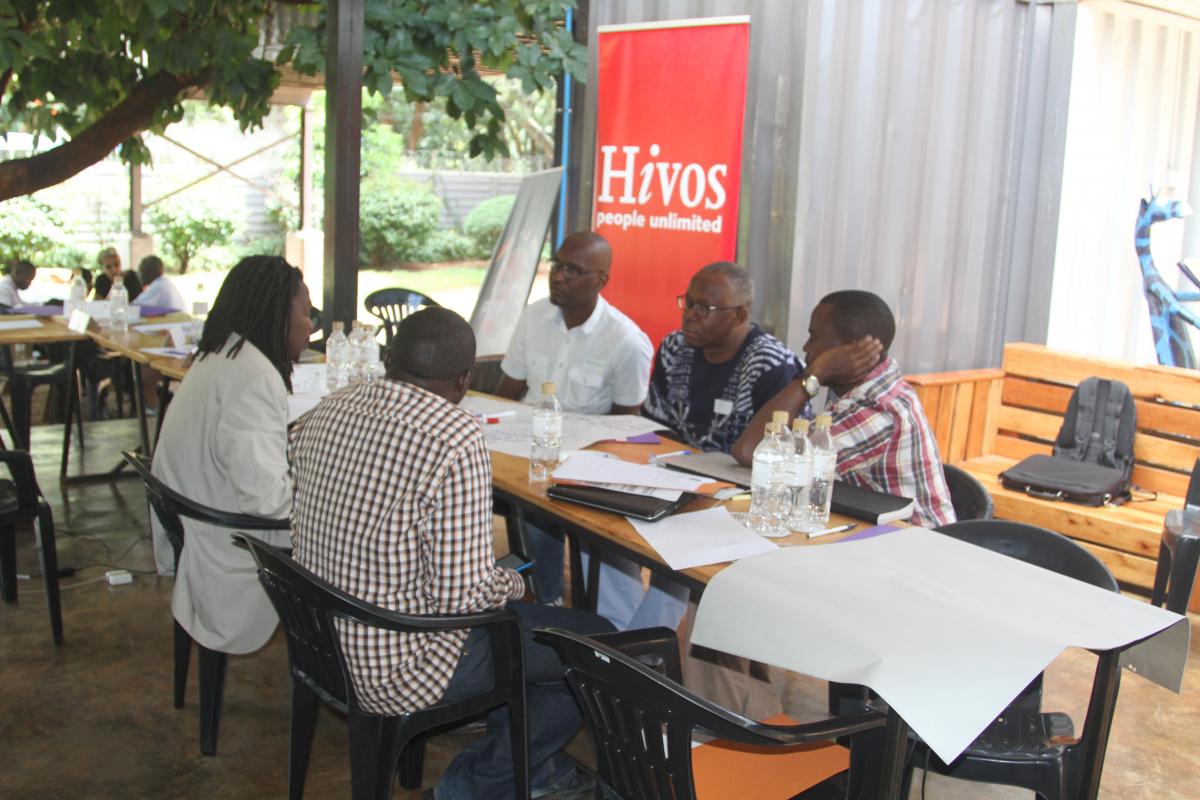Creative hub managers from Malawi, South Africa, Zambia, and Zimbabwe met at Moto Republik in Harare, Zimbabwe on April 11, 2017 to deliberate on the state of creative hubs in Southern Africa.
The one-day meet up provided an opportunity for the managers to reflect on how they can better serve their communities while ensuring sustainability of the creative hubs. It also provided an opportunity for the creative hub managers to reflect on how they can integrate and consolidate freedom of expression in their hubs.
While creative and technology hubs have spread like wildfire across the continent, Southern Africa (with the exception of South Africa) has been slow to follow the trend. If anything, many Southern African countries have been late comers to the phenomena of creative hubs.
Nonetheless, creative hubs across the continent have found it difficult to develop models to sustain themselves outside donor funding and grants. According to a recent report in the Economist, only one financially sustainable creative hub has emerged on the continent over the past ten years.
Creative hub managers at the gathering in Harare agreed that new models were needed to ensure the success of creative hubs. Specifically, they noted that creative hubs agendas tended to be driven by the agendas of donors at the expense of fully serving the needs of their communities.
Although the concept of creative hubs is not necessarily new to Southern Africa, there is a need to investigate organic forms of creative hubs that already exist at community level and replicate the successful models in current forms of creative hubs.
In addition, the creative hub managers pointed to the rural and urban divide that characterizes creative hubs in Southern Africa. Of the 30 creative hubs represented at the conference, only one was based in a rural area. There tends to be a bias towards establishing creative hubs in urban settings at the expense of rural areas. This is despite the fact that the majority of populations in Southern Africa, especially young people, live in rural areas. As a result, the current trend of creative hubs in Southern Africa excludes a huge part of the population.
Furthermore, the participants noted that the creative hubs in Southern Africa are male dominated. Unless a hub is female run, very few women are currently involved with creative hubs. There is therefore a need to make creative hubs both gender sensitive and more representative.
During the meeting, the creative hub managers agreed that the concept of creative hubs is valid to the Southern African region and needs to reinforced. You can browse through all the deliberations of the meet up on Twitter using hashtag: #creativeSADC. The hub managers also agreed to explore the idea of a regional network that will facilitate the exchange of ideas, lessons, failures and successes.




